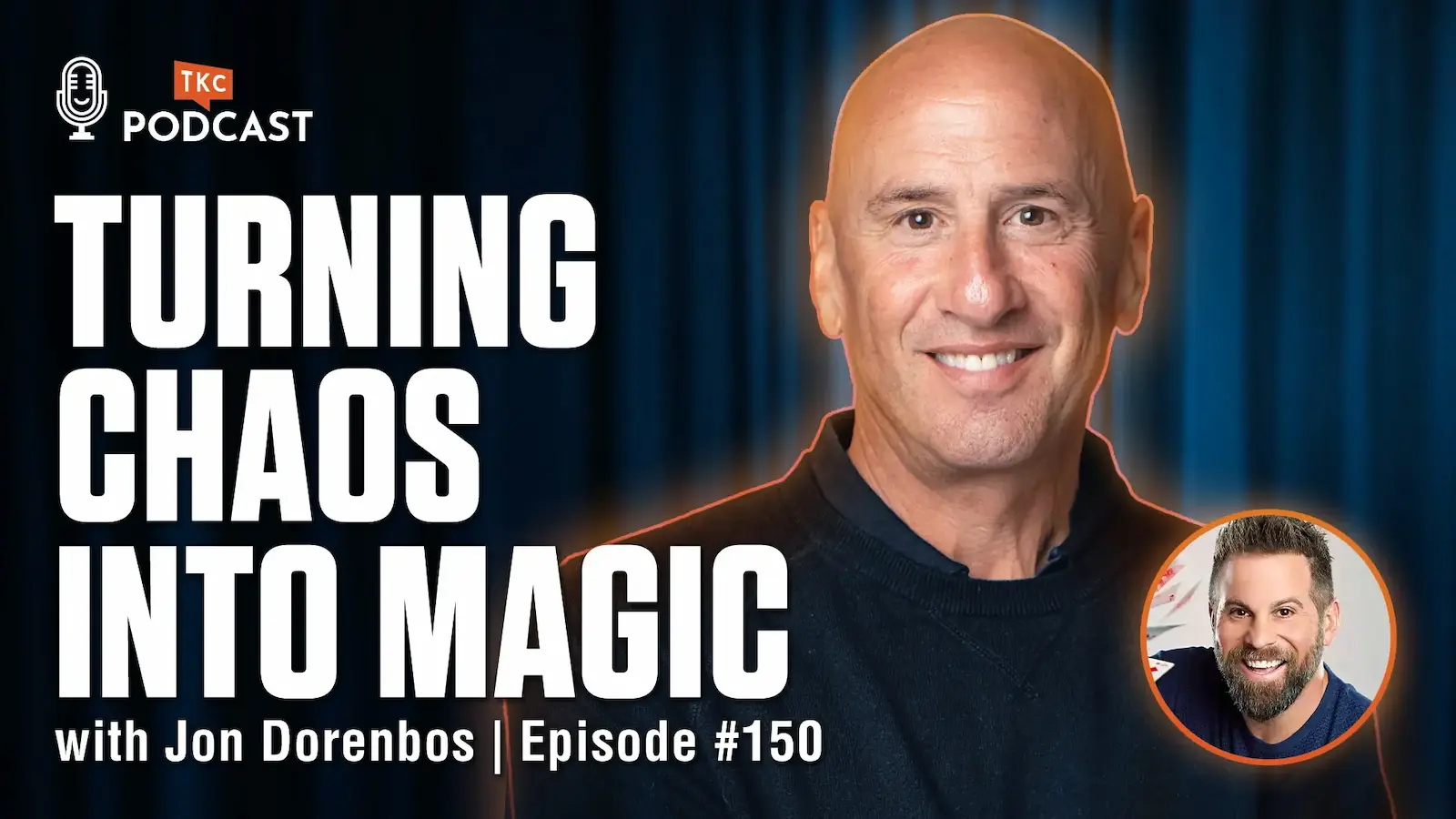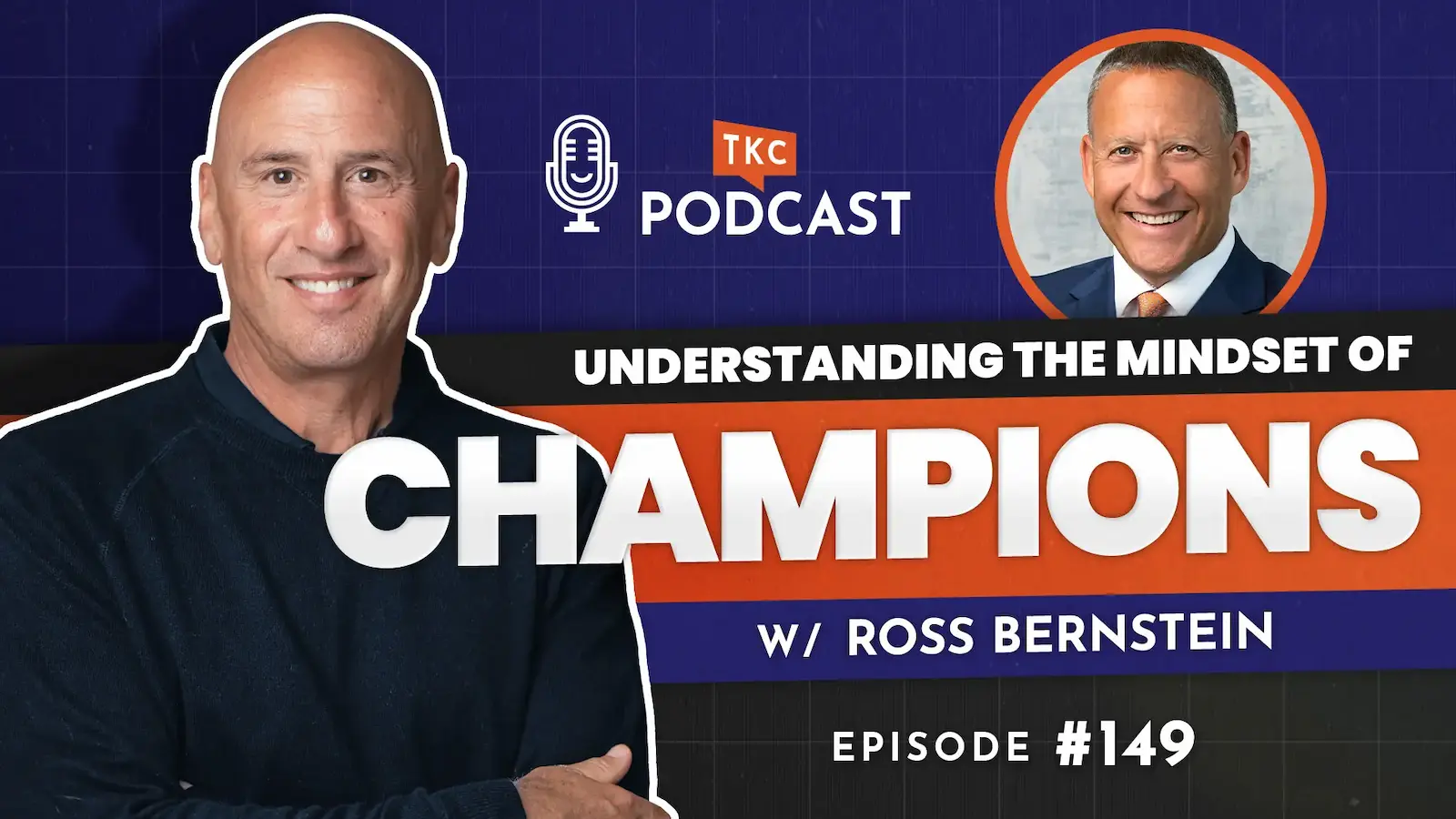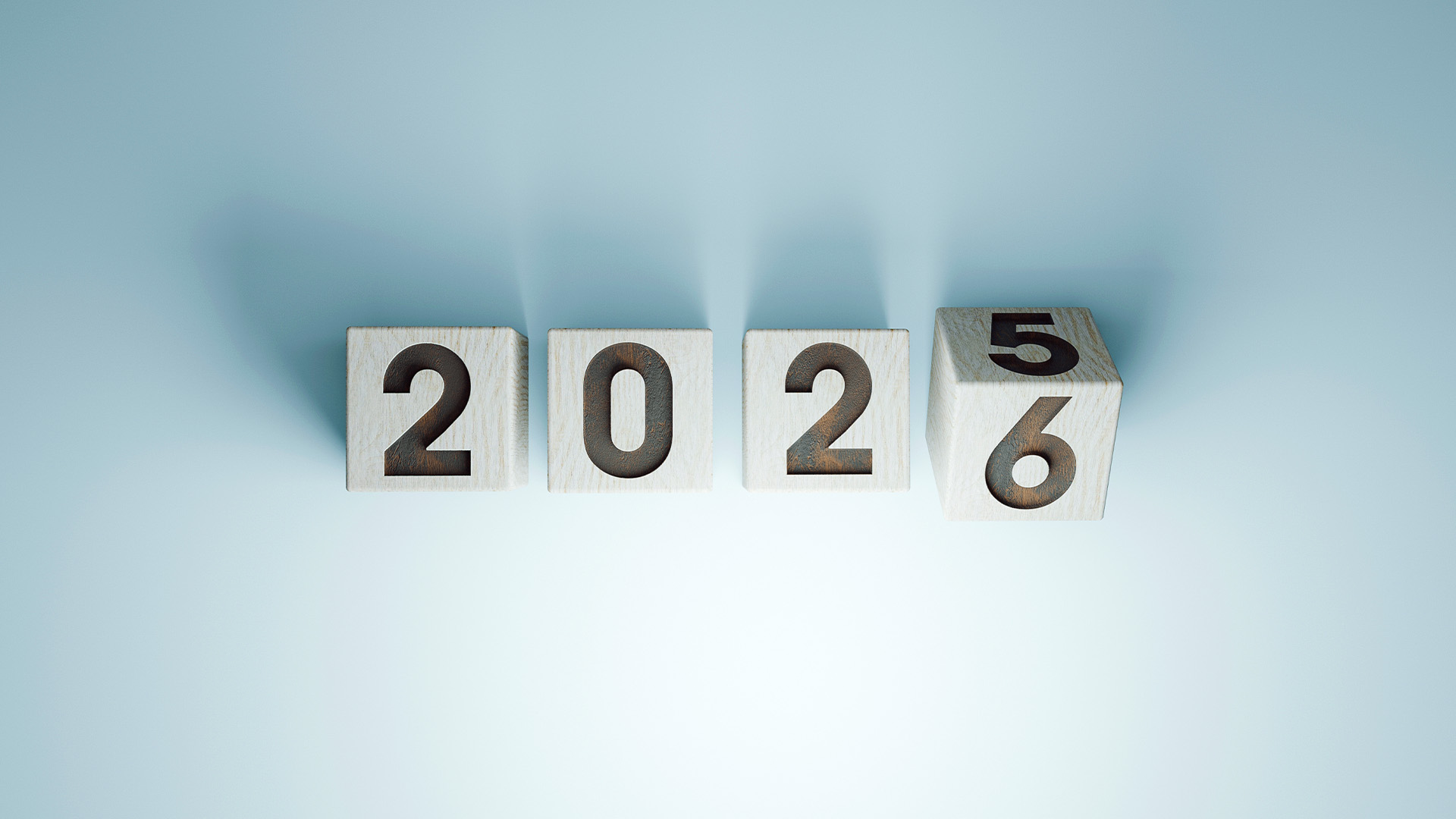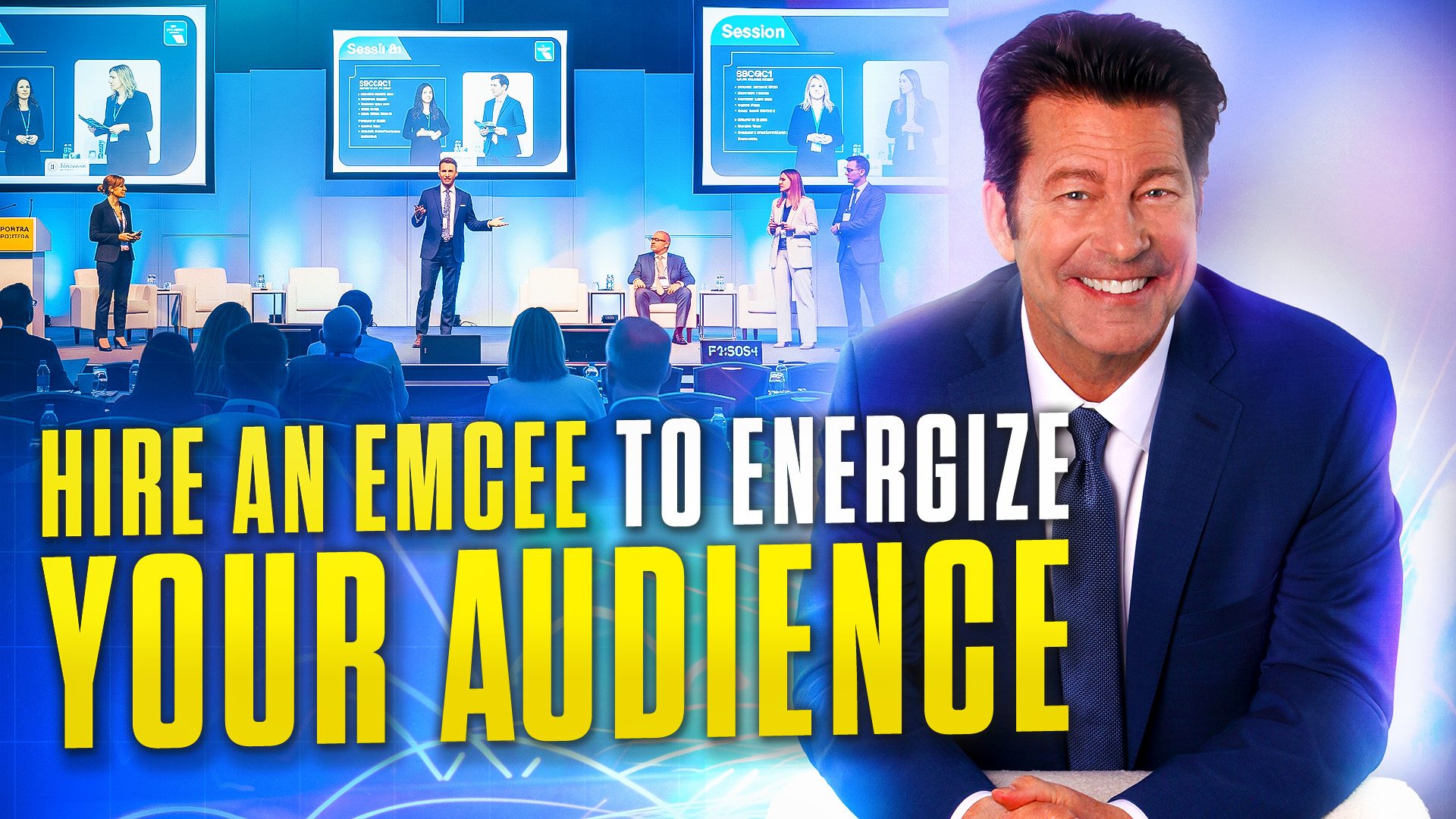
November 4, 2025Why Top Event Planners Build Loyalty Loops (And You Should Too)
Build unwavering client loyalty through trust, engagement, and emotional connection—turning first-time buyers into forever advocates.
When Trust Becomes Your Biggest Competitive Advantage
What if the secret to unwavering client loyalty isn’t what you do, but how your clients feel? In an industry where every event competes for attention and budgets tighten faster than timelines, loyalty has become the ultimate currency.
Yet most event professionals are still chasing new clients while their best relationships slip through the cracks.
The truth is, retention compounds like interest. When you master the loyalty loop, your pipeline gets calmer, your referrals multiply, and your competitors wonder how you make it look so effortless. This post unpacks the subtle, human cues that build trust so strong it practically sells itself—and gives you a roadmap to turn first-time buyers into lifelong advocates.

The Business Case: Why One-and-Done Doesn’t Cut It Anymore
One-and-done customers are the business equivalent of a summer fling. Fun, flattering, and gone by Labor Day. You burn cycles acquiring them, deliver a great experience, then start the whole process over from scratch. Cute? Sure. Scalable? Absolutely not.
The economic reality of 2025 demands a different approach. Loyal clients buy faster because they’ve already seen what you can do. They refer more because their reputation is tied to yours, and they require fewer “prove it” meetings because the trust is preloaded. Instead of constantly refilling the top of your funnel, you’re building a foundation that generates momentum on its own.
Here’s the shift: a strong relationship is the moat your competitors can’t cross. When you’re easy to defend internally—clear promises, clean delivery, no drama—you’re not just another vendor. You’re the default choice, and that’s where real business growth happens.
Making Approval Embarrassingly Easy
Customer experience keynote speaker David Avrin has built his career around one insight: clarity is a competitive edge. When your offers are straightforward and your process removes friction at every touchpoint, decision-makers can champion you without jumping through hoops. Additionally, that ease becomes part of your brand promise.
Similarly, business leadership keynote speaker Robert Spector has spent decades studying The Nordstrom Way—a system built on kindness you can count on, even on the busiest days. It’s not about perfection; it’s about consistency. When clients know what to expect and you deliver it reliably, loyalty stops being a nice-to-have and becomes inevitable.
Engagement That Goes Beyond the Closing Slide
Loyalty doesn’t start on the mainstage. It starts the moment your event ends and your attendees walk back into their real lives. The question isn’t whether they enjoyed the experience—it’s whether they can use it.
Your event should leave people with one thing they can try this week and a way to keep the learning alive next month. That’s the difference between applause and impact. If your audience can’t connect your content to their daily work, you’ve created entertainment, not transformation. However, when they leave with tools they can actually apply, they’ll remember who gave them that gift.
The Feedback You’re Not Asking For
Most event professionals send the standard post-event survey: “How did we do?” or “Rate your experience on a scale of 1-10.” That’s not feedback—it’s a report card. Instead, ask questions that reveal communication gaps and opportunities: “What did your team use?” and “What should we adjust for the next event?”
Feedback is free R&D, but only if you’re brave enough to listen. When you create space for honest conversation, you uncover the insights that turn good events into great ones. Moreover, your clients feel heard, which is half the battle in building loyalty.
Designing for Values, Not Job Titles
Thought leadership keynote speaker David Allison has proven that values trump demographics every time. When you speak to what people care about—security, achievement, belonging, curiosity—your message lands differently. Personalization at scale isn’t about inserting someone’s first name into an email template; it’s about understanding what drives them and designing experiences that honor those motivations.
Professional development keynote speaker Barb Betts takes this further by emphasizing follow-through as an operating system. Loyalty equals consistency with a memory. When your clients see that you remember their preferences, anticipate their needs, and deliver without being asked, renewal becomes a reflex rather than a decision.
Building Bridges That Last: Strategies for Deeper Connection
Trust isn’t built in grand gestures. It’s constructed in small, intentional moments that add up over time. The event professionals who master loyalty understand that proactive problem-solving beats reactive damage control every single time.
Anticipate the potholes before your clients hit them. Timeline concerns, tech glitches, handoff confusion—say the quiet part first. “Here’s where this could wobble and how we’ll steady it.” When you name potential challenges upfront, anxiety drops and trust rises. Your clients relax because they know you’re thinking three steps ahead.
Creating Spaces Where Clients Become Community
Content brings people in, but community brings them back. This is where most event planners miss the opportunity. You deliver a killer keynote, the room buzzes with energy, and then everyone scatters to their separate corners of the industry. Consequently, that momentum dies within 48 hours.
Instead, create places where your clients meet their peers. Micro roundtables, backstage meet-ups, post-event huddles—these are the experiences that transform attendees into a tribe. Belonging beats branding & marketing every time. When people feel like they’re part of something bigger than a transaction, they stick around.
Inspirational & motivational keynote speaker Scott Greenberg calls this culture that turns moments into momentum. His approach focuses on creating rituals your team can run anytime—small, repeatable touchpoints that keep the connection alive long after the event wraps.
The Art of Thoughtful Surprise
Surprise and delight doesn’t mean confetti cannons or swag bags filled with branded pens nobody wants. It means thoughtful, intentional touches that land because they’re personal. A five-minute live customer call during your keynote. Handwritten notes that reference specific conversations. A “we remembered” moment to help build loyalty, one that shows you’ve been paying attention.
Sales keynote speaker Molly Fletcher champions the power of being curious longer. Connection rituals don’t have to be complicated, but they do have to be genuine. When your clients feel seen, not just serviced, loyalty stops being a strategy and starts being a natural outcome.
Best-selling author and entrepreneur Daymond John has built entire businesses on tribe-building principles. His advice? Align the brand you promise with the experience you deliver. If your marketing says “white-glove service” but your execution feels rushed, the disconnect erodes trust faster than any competitor could.
Communication keynote speaker Traci Brown studies body language and credibility cues, reminding us that every touchpoint signals either “trust me” or “proceed with caution.” From your email tone to your on-site presence, consistency in how you show up matters more than most professionals realize.
Turning Satisfied Clients Into Your Loudest Champions
The advocate advantage is real, but it requires intentional design. Your best clients want to refer you—they just need you to make it embarrassingly easy. Give them a two-sentence descriptor they can forward without editing. Provide a “why us” note that makes them look smart for introducing you. When your champions can effortlessly explain your value, they’ll do it often.
Inviting Clients to Co-Create the Future
Top clients crave loyalty, not just service. Invite them into small advisory circles where they can shape formats, tools, and topics. Let them test new ideas before you roll them out broadly. When people build something, they brag about it. That sense of ownership transforms passive satisfaction into active evangelism.
Leadership keynote speaker Alexandra Carter teaches negotiation principles that apply perfectly here: ask cleaner questions and make collaboration feel like the obvious next step. Instead of “Would you be willing to refer us?” try “What would make it easy to introduce us to someone facing similar challenges?”
Communication keynote speaker Chris Voss takes this further with his tactical empathy approach. Calm, precise listening turns tough conversations into alignment. When clients feel heard at a deeper level, they don’t just stay—they bring others along.
Measuring What Matters: The Ripple Effect
Most event planners track new leads religiously but treat referrals like happy accidents. That’s backwards. Track intros, mentions, and repeat invites the same way you track pipeline. Referrals are revenue with better manners, and when you measure them, you can optimize them.
Strategy keynote speaker Caspar Berry brings a poker-sharp lens to decision-making under uncertainty. His insights on smarter bets and bolder advocacy remind us that calculated risks—like investing deeply in your top 20% of clients—often yield exponential returns.
Future-Proofing Relationships in a Changing Landscape
Client needs evolve, and your offers should too. The loyalty loop isn’t a set-it-and-forget-it system. It’s a living framework that requires regular maintenance. Retire what’s stale, elevate what’s working, and keep one experimental slot open every quarter.
This means staying curious about your clients’ industries, challenges, and goals. It means checking in even when there’s no immediate opportunity. It means showing up in ways that prove you’re invested in their success, not just your commission.
Using Technology to Amplify Humanity
Automation gets a bad rap in the events industry, but that’s usually because people use it wrong. The point of AI and automation isn’t speed—it’s space.
When you automate reminders and recaps, your team has time for actual conversations. Those human moments are where loyalty lives.
Customer experience keynote speaker David Avrin advocates for removing friction everywhere clients touch you. Technology should smooth the administrative rough edges so you can focus on the relationship. Use tools that free you up to be more present, not less.
Business leadership keynote speaker Robert Spector reminds us to make kindness policy, not personality. When your systems default to generosity and clarity, loyalty becomes scalable. You’re not relying on individual heroics—you’re building a culture that consistently delivers.
Holding the Human Line When It Matters Most
When in doubt, call. Say the pressure out loud. Offer a clean next step. Clients return to climates where they feel safe and seen, not managed and measured; that’s where you can build loyalty with them.
Communication keynote speaker Chris Voss teaches language that lowers the temperature in high-stakes moments—a critical skill when budgets get slashed or priorities shift mid-planning.
The professionals who thrive long-term aren’t the ones with the flashiest decks or the biggest budgets. They’re the ones who pick up the phone when things get hard and stay steady when everyone else panics. That reliability compounds into loyalty that weathers any storm.
Language That Builds Trust: Copy You Can Steal
Words matter, especially in high-stakes conversations. Drop one of these into your next call or email to lower the temperature and nudge the room toward “yes”:
“Before we lock anything: what would make this easy to champion inside your company?”
This question shifts the focus from your needs to theirs. It signals that you understand internal politics and want to set them up for success.
“If your team only does one thing differently next week, what should it be?”
This forces prioritization and reveals what actually matters to them. It also demonstrates that you’re focused on delivering impact, not just attendance.
“Let’s build one signature moment your people will retell—what story would you love them to share?”
This reframes the event from logistics to loyalty. When clients think in terms of storytelling, they get excited about possibilities, not just budgets.
“Which version matches how you’ll measure success—simple, deeper, or longer-arc?”
This acknowledges that success looks different for different stakeholders. It gives them control while showing you understand nuance.
Programming Stages That Generate Loyalty, Not Just Applause
Great event design creates experiences people can feel, use, and talk about. Here’s how to build that into your programming:
Open with one behavior attendees can try within 48 hours. If your keynote speaker delivers actionable insights that people can immediately apply, you’ve given them a win they’ll associate with your event. That’s loyalty fuel.
Create a signature moment worth retelling. This could be a live customer call, a values mapping exercise, or a thank-you sprint where attendees write notes to colleagues. The goal is to create an emotional peak that attendees will reference months later.
Close with an evergreen plan: three actions, one metric, one owner. When people leave with clarity about next steps, they’re more likely to take those steps. Follow-through creates satisfaction, and satisfaction feeds loyalty.
Follow with light, human touchpoints. A next-day recap that highlights key insights. A 30-day “what stuck” check-in that asks how they’ve applied the learning. A 90-day refresher that reintroduces concepts with fresh context. These touchpoints keep the momentum alive and show that your commitment extends beyond the event itself.
Voices Worth Hearing: Featured Speaker Insights
Want to dive deeper into these concepts? Several of the speakers mentioned in this post have shared their expertise on The Keynote Curators Podcast. These conversations offer tactical insights you can apply immediately:
Alexandra Carter discusses negotiation principles to get you anything you want, revealing how asking better questions transforms relationships and outcomes.
Traci Brown explains how to listen to what’s not being said, teaching you to read the room and respond to unspoken concerns before they become problems.
David Avrin shares how to become ridiculously easy to do business with, offering specific tactics for removing friction from every client interaction.
Scott Greenberg explores why having a high-performance mindset matters, connecting individual excellence to organizational loyalty.
David Allison reveals how our shared human values bring us together, providing a framework for designing events that resonate at a deeper level.
Where Loyalty Really Lives
Great experiences don’t end at the loudest moment. They begin at the first exhale and keep breathing long after the audience has left the building. Loyalty isn’t built in keynotes or ballrooms—it’s built in the follow-up call you didn’t have to make, the insight you shared without being asked, and the moment you anticipated a problem before your client knew it existed.
The event professionals who master this aren’t chasing perfection. They’re building systems that prioritize personal development for their clients, consistency over flash, and relationships over transactions. They understand that loyalty loops require intention, but once they’re in motion, they create momentum that compounds.
If you’re tired of starting from scratch with every new client, it’s time to invest in the relationships that already trust you. Turn first-time buyers into forever advocates by designing experiences that people can feel, use, and share. That’s where loyalty lives, and that’s where sustainable growth begins.
Take the Next Step Toward Lasting Client Relationships
If you want a mainstage that wins clients through impact and keeps them coming back, let’s curate the right voices at the right depth for the right reasons.
Schedule a 15-minute conversation today and let’s build a program that turns attendees into advocates.
Prefer email? Reach out: info@thekeynotecurators.com
Explore our roster of impactful keynote speakers: thekeynotecurators.com
Want insights like these delivered to your inbox? Subscribe to our newsletter and stay ahead of what’s working in the events industry.
Discover More Insights
Get in TouchContact US
Fill out the form so we can best understand your needs.
A representative from The Keynote Curators will reach out to you.








